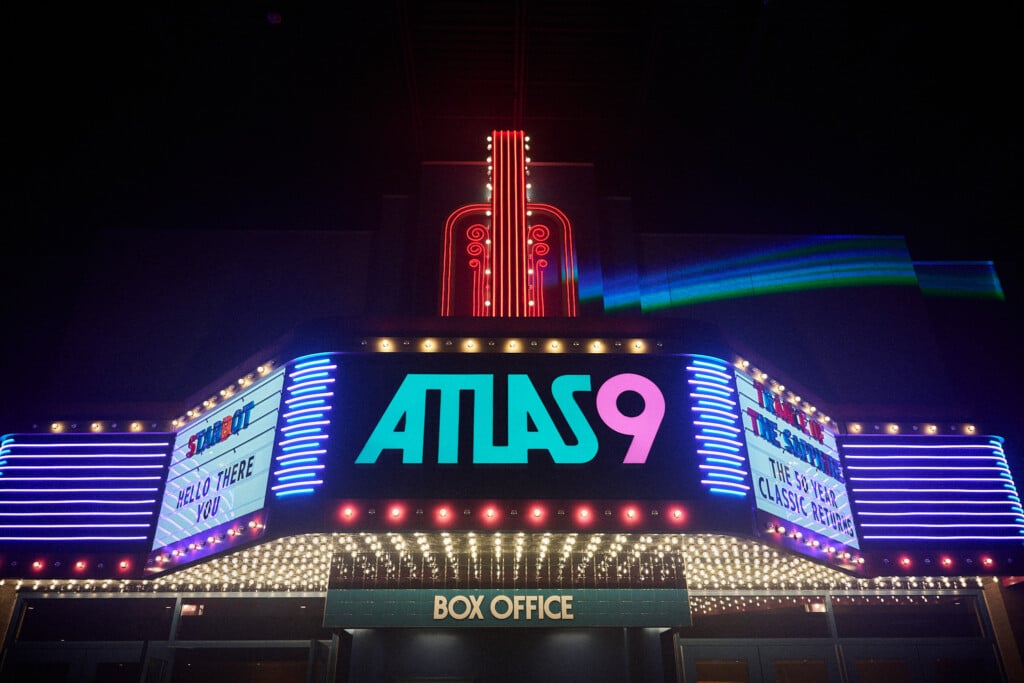What the Devil?
The golden age of the comic-book movie has turned the color of tarnished copper. But there is no going back, not when comic shops have become movie studios’ research and development labs.
Hellboy, based on Mike Mignola’s beloved Dark Horse comic and adapted by Guillermo del Toro, is fanboy heroin: the cult hero with bright-red skin and sanded-down horns and a right hand that fits into the gateway to hell has been loyally rendered, a gift from one self-proclaimed geek to legions of worshipers. The movie, about Nazis and black magic and doorways to hell, has been culled from several story arcs familiar to the series’ readers, and there are coy nods to other Hellboy tales; there is even a Hellboy comic featured in the movie, rendered to look like a Jack Kirby Marvel story from the 1960s. “I hate those comics,” grumbles Hellboy, played by Ron Perlman beneath the red foam and sawed-off antlers. “They never get the eyes right.” Del Toro, working with frequent collaborator Guillermo Navarro behind the camera and Mignola next to it, has lifted panels directly from the comic books.
But when the filmmaker is beholden to the creator, nonbelievers are left out in the cold. They will not be carried through the excruciatingly dull moments by cute asides and coy nudges. They will not understand a word of the story’s pseudoscientific gibberish or its black-magic mumbo-jumbo. They will more likely wonder if one League of Extraordinary Gentlemen a decade is enough.
To offer a plot synopsis of Hellboy is to realize that perhaps it’s time to put down the comic and start reading, say, books without pictures. No grown man should have to tell you about Nazis with sand for blood teaming up with Rasputin (Karel Roden) to open the gateway to hell.
The best scenes in the film involve Hellboy’s relationship with his adopted “father,” Professor Bruttenholm (John Hurt), who discovered him when he was just a hellbaby in Scotland in 1944. The two bring a welcome warmth to the chill of computer-generated monsters being chased through streets and subway tunnels by a giant actor in a red body suit. Bruttenholm, dying of cancer, just wants Hellboy to become a decent man, even if it means grounding him. Hellboy just wants to please his pop. But these scenes are scant, and overall, the movie feels like Men in Black without its smirking charm, though Perlman hams it up like a pound of bacon.
Del Toro was once a master of the moody and macabre. His movies — the ones that worked (Cronos, The Devil’s Backbone) and even the ones that didn’t (Mimic) — offered horror as a mysterious, intangible chill down the spine, not a thudding crack over the skull. But with Blade II (another comic adaptation) and now Hellboy, del Toro has traded subtlety for special effects. Hellboy is as much a wreck as The League of Extraordinary Gentlemen or The Punisher (coming and going in two weeks) and as much a bore as The Hulk. Not that they’ll notice down at the comics shop.




